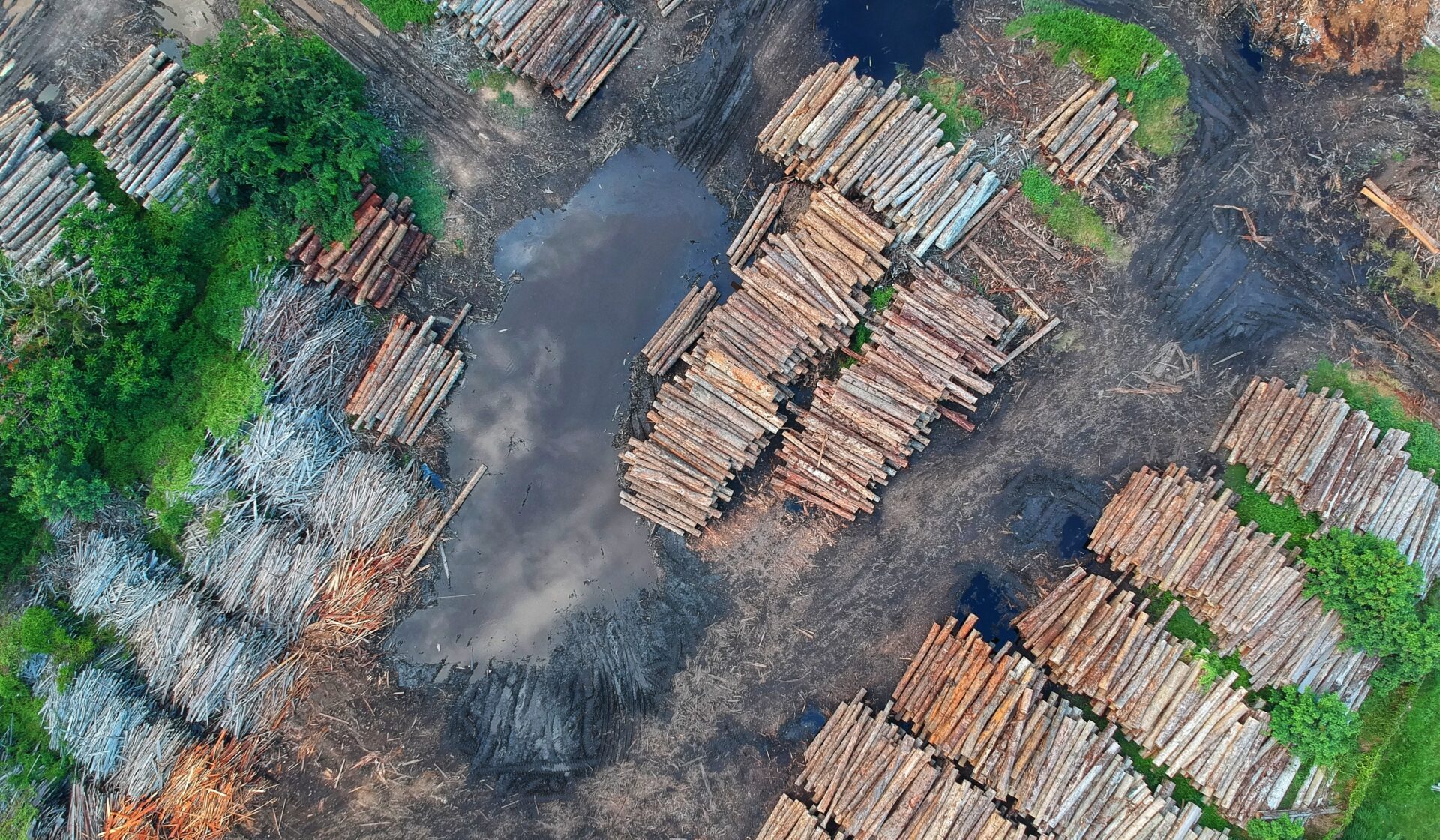According to the Forest 500 report, the organisations most reliant on the commodities responsible for deforestation are undermining global climate targets by failing to tackle the problem.
Research by Global Canopy has found that a third of companies most linked to the destruction of tropical rainforests have not set a single policy to address the issue.
This is despite a government commitment to end the practice made at COP26, where 141 countries covering 85% of the world’s forests signed a declaration to act on reducing and reversing deforestation.
According to the non-profit’s annual Forest 500 report, 31% of the 350 examined organisations with the greatest influence on tropical deforestation risk through their supply chains have nothing in place to guarantee that their products are not contributing to the issue.
In addition, many of those who have set policies aren’t monitoring them correctly, meaning they’re likely still using the practice to yield their commodities.
‘We are three years past the 2020 deadline that many organisations set themselves to halt deforestation, and just two years away from the UN’s deadline of 2025 for companies and financial institutions to eliminate commodity-driven deforestation, conversion and the associated human rights abuses – this target date is essential to meeting our global net zero targets and averting catastrophic climate change,’ reads the report.
It comes just weeks after a global deal was struck by governments to protect biodiversity and as policymakers in the EU and Britain plan tougher rules to force companies to do more to stamp deforestation out.




















